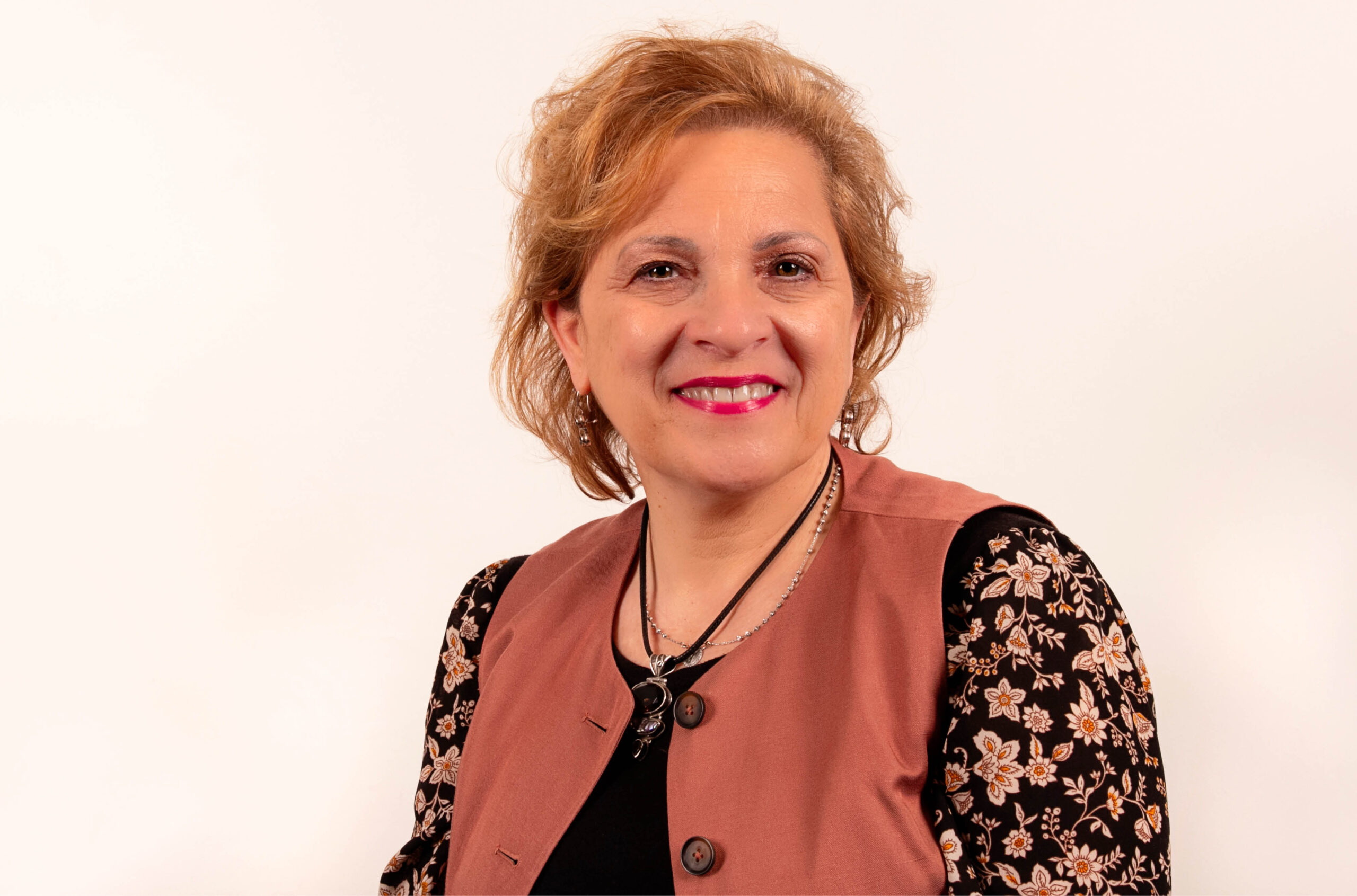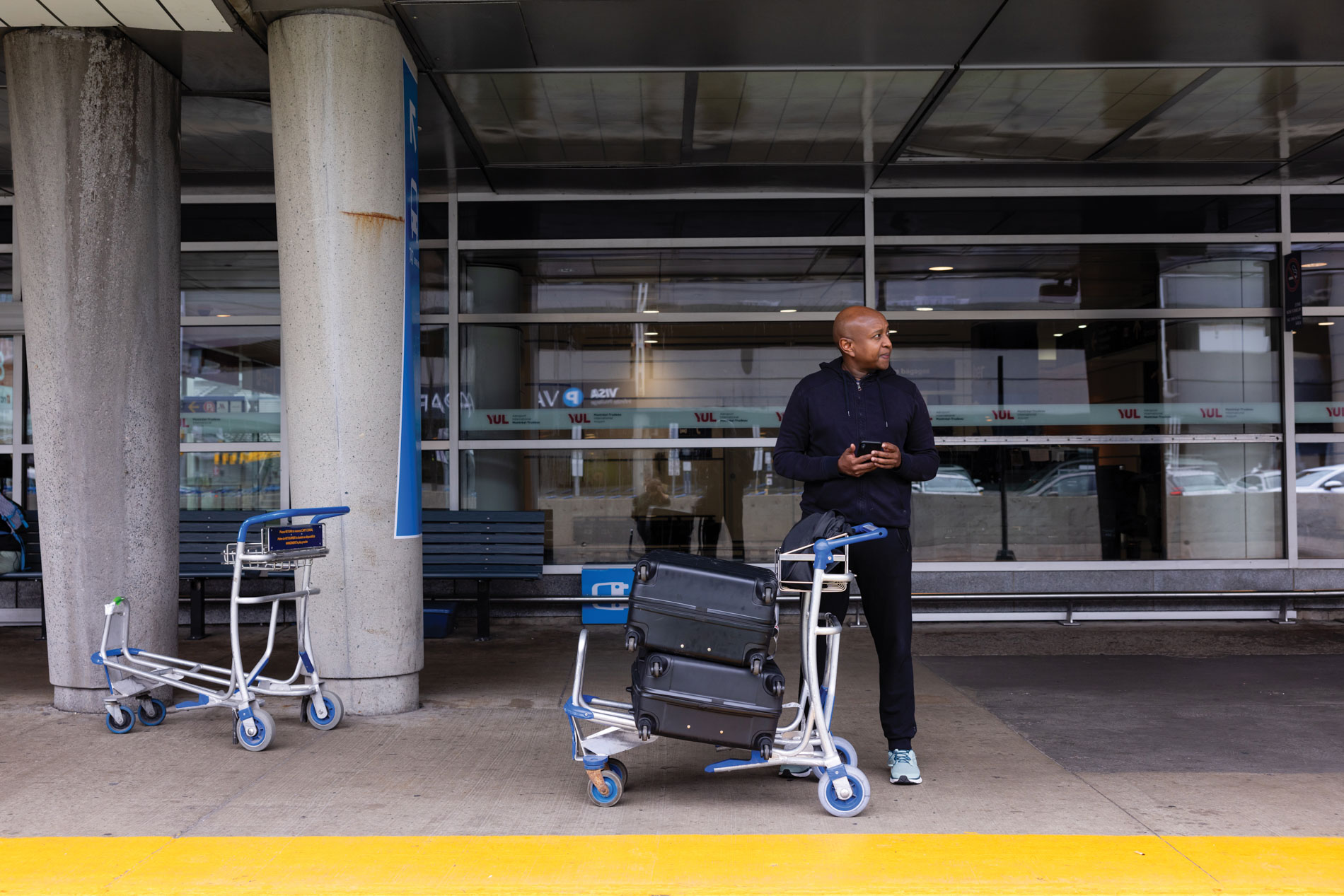Tracking international student study applications
An update on the state of international student study permit letters of attestation.

Under pressure to quickly create systems to track their share of a newly restricted number of international student study permit applications, Canadian provinces are scrambling to meet the March 31 federal deadline. By mid-March, only half of provinces had processes in place.
Alberta launched its system for tracking “provincial letters of attestation,” or PALs on March 1 with British Columbia and Manitoba following March 4. Quebec was able to pivot even more quickly on Feb. 13 by modifying its existing Certificat d’acceptation du Québec pour études (CAQ) to serve as a PAL. Nova Scotia’s system was finalized by March 18 but was not yet issuing PALs.
“The process has been kicked off and it seems to be working well,” said Kathleen Massey, vice-provost, students at University of Lethbridge. “Because of the swift action that Alberta institutions and the government have taken here to get the process off the ground, I feel more confident than I did a few weeks back.”
Minister of Immigration, Refugees and Citizenship of Canada Marc Miller announced Jan. 22 that his department would limit the number of new study permit applications it would process for international students over the next two years in a bid to rein in a program he described as “a bit of a mess.”
At that time, the immigration department estimated this would produce approximately 360,000 new study permits, a 35 per cent cut from 2023. Provinces and territories would receive allocations of the total based on population. Mr. Miller subsequently issued instructions to limit study permit processing to 606,250 applications. Master’s and doctoral degree program students, elementary and secondary students and students renewing study permits were exempted from the cap.
All affected study permit applicants must submit a PAL as part of their permit application. Since the announcement, students who have accepted offers from their postsecondary institution but had not yet applied for a study permit have been unable to move forward with their plans until their jurisdiction is able to issue a PAL.
“These changes are going on during the peak period for admission,” Annik Gélineau, chair of the Association of Registrars of the Universities and Colleges of Canada (ARUCC) told University Affairs. “It has created challenges around having clear processes, messages and it creates a level of uncertainty for applicants.”
Ontario, the province with the most international students – in 2023 it logged nearly 363,000 new or renewed study permits – will likely be hardest hit by the new restrictions. Mr. Miller said during his announcement that the province was expected to see a 50 per cent cut across the sector compared to 2023.
Asked for details on the province’s allocation and development of its PAL tracking system, Liz Tuomi, press secretary to Jill Dunlop, Ontario’s minister of colleges and universities, responded in early March that the government was “working closely with the sector to reach an outcome on the attestation letter process and on international student allocations that provides stability and certainty for postsecondary institutions and students alike …”
Ontario’s government faces difficult decisions, given the anticipated cut, said Toronto-based immigration lawyer Lou Janssen Dangzalan. That includes how to divide its allocation among public colleges and universities as well as private postsecondary schools. “I was a political science major in university and I remember politics being defined as the art and science of who gets what, when, and how,” said Mr. Dangzalan, vice-president of the Canadian Immigration Lawyers Association. “So we’re going to see a lot of politics when it comes to the allocation of these attestation letters.”
B.C. announced it had received a limit of 83,000 attestation letters, compared to the 97,000 study permit applications submitted in 2023 from students accepted into its undergraduate programs. Public institutions were to receive 53 per cent of the PALs and private institutions 47 per cent. The province said PALs would be requested by individual schools on behalf of their students in the affected group. However, the province planned to continue discussions with the federal government on exemptions and alignment to address specific labour needs. It also expected to further refine its allocation criteria along with the launch of an international education framework and action plan later this spring.
“While we’ve all agreed that the status quo wasn’t working for anyone – not for students, and not for our communities – the federal cap doesn’t take British Columbia’s unique environment into account,” Lisa Beare, minister of postsecondary education and future skills said in a March 1 statement.
The University of British Columbia reported that the number of PALs it was allocated “meets our needs and we anticipate being able to issue PALs to all international students who would need this document to apply for a study permit,” university spokesperson Matthew Ramsey wrote to University Affairs.
Nova Scotia’s PAL allocation is 12,900. Nova Scotia institutions were advised March 15 that the province had established its PAL system and institutions in the other Atlantic provinces have received their PAL allocation numbers, said Robert Summerby-Murray, president of Saint Mary’s University in Halifax and chair of the Association of Atlantic Universities (AAU).
Institutions in provinces that have been faster out of the gate with their PAL processes will benefit from “first mover advantage” due to it being peak season for international students making choices about where they want to go, said Dr. Summerby-Murray.
Atlantic universities, however, remain concerned about how to approach the international student admission process and distribution of PALs given that the region’s “conversion rate” – the percentage of students who end up attending a school that has accepted them – has historically been lower than in other parts of the country, about 30 to 40 per cent, compared to a national average of 60 per cent, he said.
International students can potentially receive more than one PAL by accepting offers from institutions in multiple provinces. In a bid to conserve PALs for those students most likely to commit to an institution, there is a drive among Atlantic universities to significantly raise the tuition deposit international students must pay to lock in their offer and receive a PAL. Where the deposit might have been $500 or $1,000 in the past, this may rise to several thousand dollars. “We need to put a financial component into that process to increase the likelihood that we can convert those students to each of our institutions,” said Dr. Summerby-Murray.
Universities in provinces still finalizing their PAL systems were advising affected international students to stay in touch with them to get the most current information. The U of Lethbridge for example, continued to process international students’ applications while Alberta’s system was developed, Ms. Massey said. Once it was ready to go, the university sent the province its first 20 requests on behalf of international students who had accepted their offers. PALs were issued March 4 and the university sent them out to students using MyCreds, a secure digital document transmission system designed and operated by ARUCC. The province’s plan was to gradually ramp up its processing capacity to allow refinements to the system.
Across the country, there are concerns the delays are creating uncertainty that will negatively impact Canada’s competitiveness. An analysis by the consulting firm Deloitte for the AAU suggested that the recent immigration policy changes have already led to international students reconsidering Canada as a study destination, including students who have already applied who are considering withdrawing or deferring. “What is not understood is that this is not a tap you turn on and turn off,” said Dr. Summerby-Murray. Other countries competing with Canada for market share and international students “will not wait for Canada to get its act together or for the provinces to get their act together.”
Featured Jobs
- Business – Lecturer or Assistant Professor, 2-year term (Strategic Management) McMaster University
- Canada Excellence Research Chair in Computational Social Science, AI, and Democracy (Associate or Full Professor)McGill University
- Veterinary Medicine - Faculty Position (Large Animal Internal Medicine) University of Saskatchewan
- Psychology - Assistant Professor (Speech-Language Pathology)University of Victoria
- Education - (2) Assistant or Associate Professors, Teaching Scholars (Educational Leadership)Western University
















Post a comment
University Affairs moderates all comments according to the following guidelines. If approved, comments generally appear within one business day. We may republish particularly insightful remarks in our print edition or elsewhere.